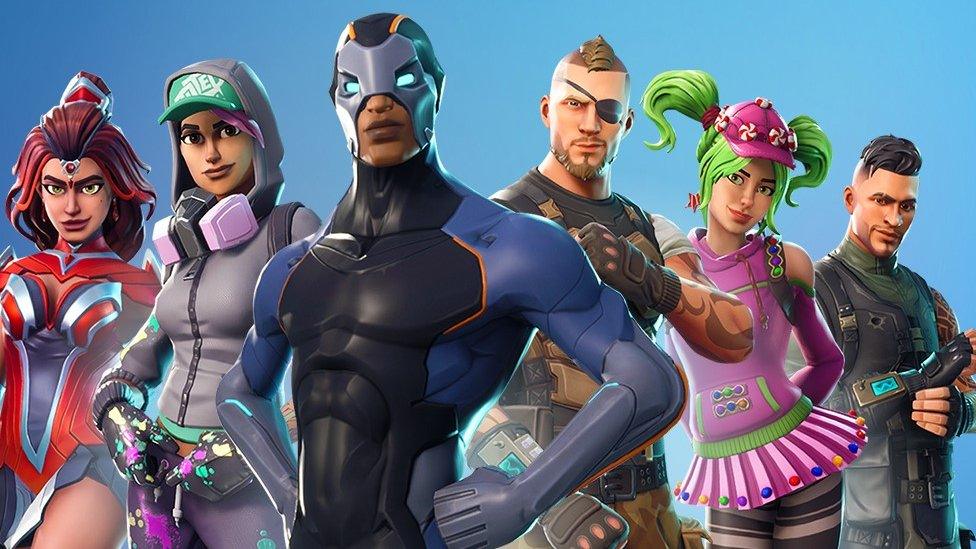Fortnite-maker settles lawsuit against cheat-seller
- Published
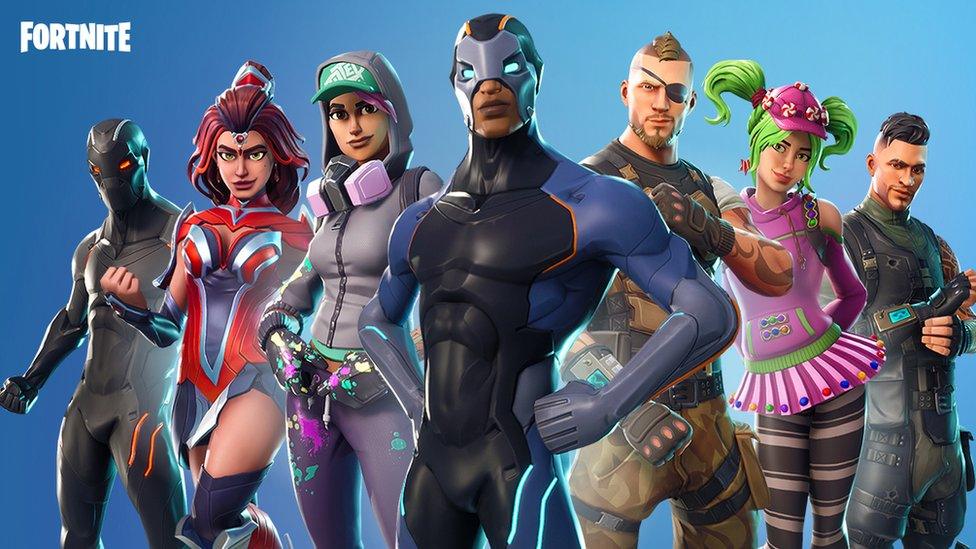
Epic Games, the creator of Fortnite, has settled a case against a 14-year-old boy who was accused of selling cheats for the game online.
The boy, named only as CBV, had a YouTube channel in which he demonstrated his hacks and a site where they could be purchased.
Epic accused the boy of copyright infringement among other claims and sought damages.
CBV's lawyer had filed a motion to dismiss the charges.
His mother is named on the settlement document, external as his representative.
Only three videos now remain on CBV's channel, in which he discusses the lawsuit.
Links directing his 14,200 subscribers to a forum where he stored his cheats no longer work.
Epic had argued that the cheats, which took the form of code, altered its copyrighted work by creating, in effect, a new version of the game.
In the original court papers, it described the cheats and the way they were marketed as "unfair and unlawful" and said that while CBV had claimed to "cheat for fun and entertainment, not to essentially steal from those that work hard at what they do", he had benefited financially from the sales.
In March this year, Epic settled a similar case against Brandon Lucas, known online as Golden Modz.
"The game developer isn't trying to bankrupt these people financially," noted Ernesto van der Sar, editor of news site Torrentfreak, external.
"The main goal appears to be to stop the cheaters and prevent them from encouraging and facilitating others to do the same."
In a separate lawsuit, a legal firm in Canada has accused Epic Games of deliberately making the game "very, very addictive".
Calex Legal has filed a legal notice on behalf of the parents of two children, reports CBC, external.
- Published28 July 2019
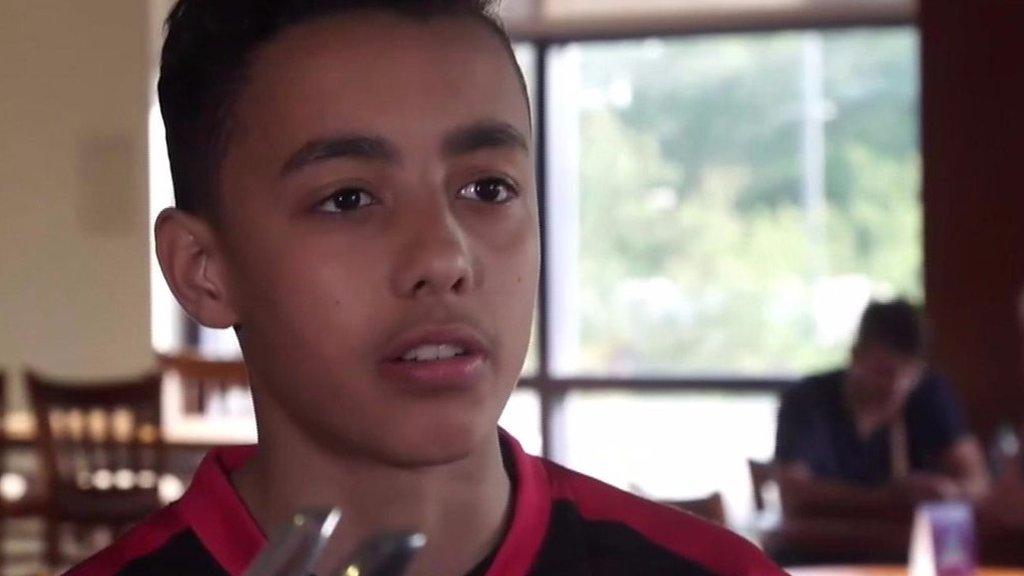
- Published24 September 2019
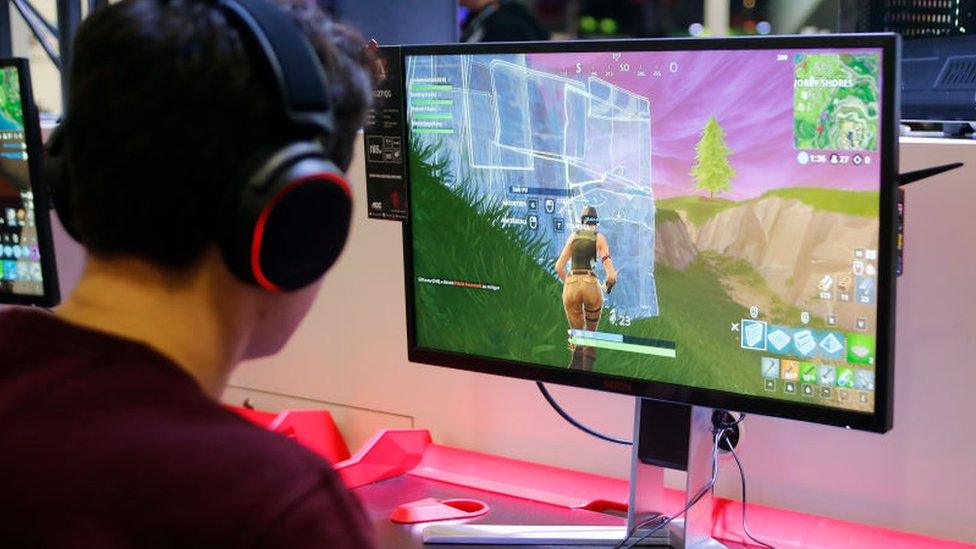
- Published19 September 2019
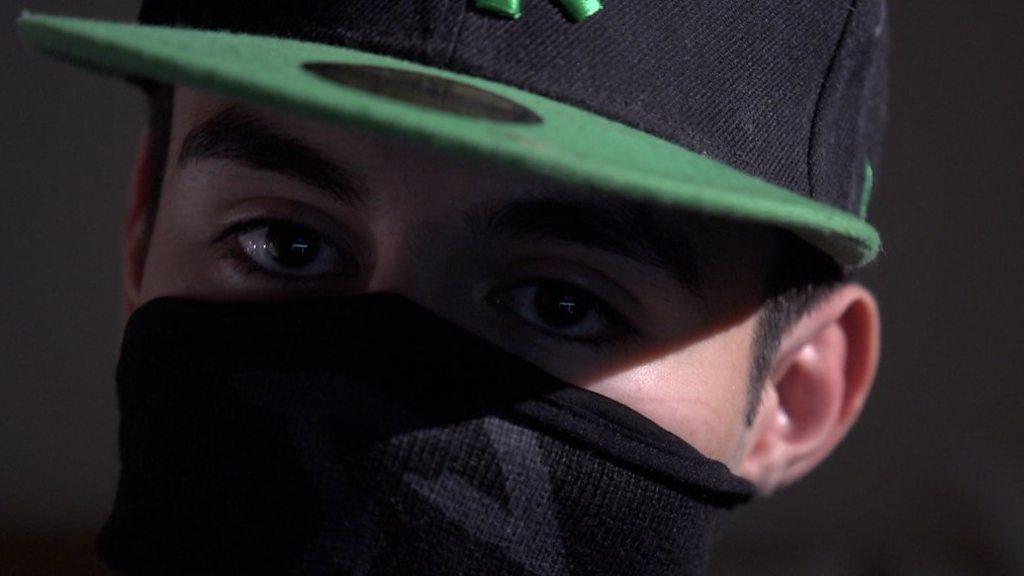
- Published16 October 2018
